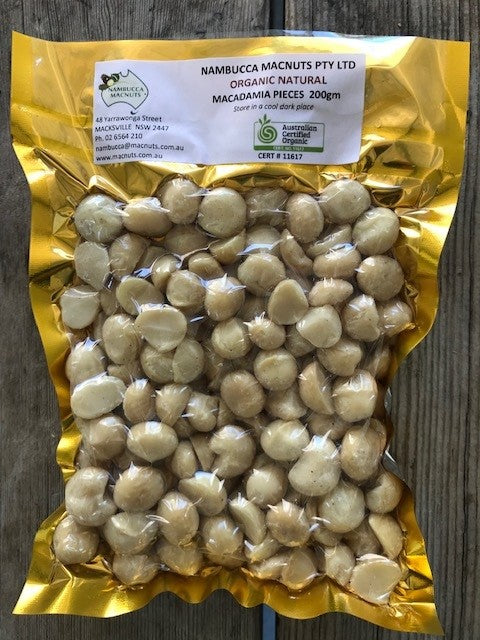The Good Oil Part 3: How Macadamia Oil Nourishes and Protects Your Skin
Robert BarberHow Macadamia Oil Nourishes and Protects Your Skin
Beyond heart health and metabolism, macadamia oil is rapidly gaining fame as a natural skin care superfood. Why?
Its unique fatty acid profile mirrors human skin’s own sebum, especially its high content of palmitoleic acid, making it remarkably effective at moisturizing, protecting, and healing skin.
Macadamia oil’s benefits, include tocotrienols (a vitamin e) and squalene (a triterpene, i.e. a compound with numerous scientifically proven applications) both are anti-inflammatory and anti-oxidative. Regular consumption helps shield skin cells from oxidative damage caused by ultraviolet rays and pollution. This protection slows down skin aging, reduces wrinkles, and improves hydration.[1]
Clinical formulations have shown that creams enriched with macadamia oil improve skin barrier function, reduce redness and irritation, and enhance skin cell regeneration. It can soothe dry, chapped, or damaged skin and has been used traditionally to accelerate wound healing^.
Macadamia oil is a natural and gentle alternative to synthetic moisturizers because it is relatively high in palmitoleic acid, a monounsaturated fatty acid that acts like a "lipokine" hormone, i.e. it supports skin cell regeneration and repair. This helps retain moisture and restore the skin’s barrier, making the oil an excellent natural moisturizer suitable for all skin types, including sensitive and acne-prone skin.[2]
You can use macadamia oil as a daily moisturizer, add it to homemade lotions, or simply apply a few drops after showering to lock in moisture. Its anti-inflammatory properties could also help with skin conditions like eczema and psoriasis.
For those looking for natural skincare solutions with science-backed efficacy, macadamia oil, either consumed or applied topically, is a wonderful ingredient to include in your health and skincare routine
[1] Xixiang S., “Comparative Study of Chemical Compositions and Antioxidant Capacities of Oils Obtained from 15 Macadamia (Macadamia integrifolia) Cultivars in China” Foods Journal Vol. 10 Issue 5, 2021, https://doi.org/10.3390/foods10051031
[2] Fitzgerald, M., “A review of Biological Functions, Health Benefits, and Possible De Novo Biosynthetic Pathway of Palmitoleic Acid in Macadamia Nuts, Journal of Functional Foods”, Volume 62, November 2019, https://doi.org/10.1016/j.jff.2019.103520



